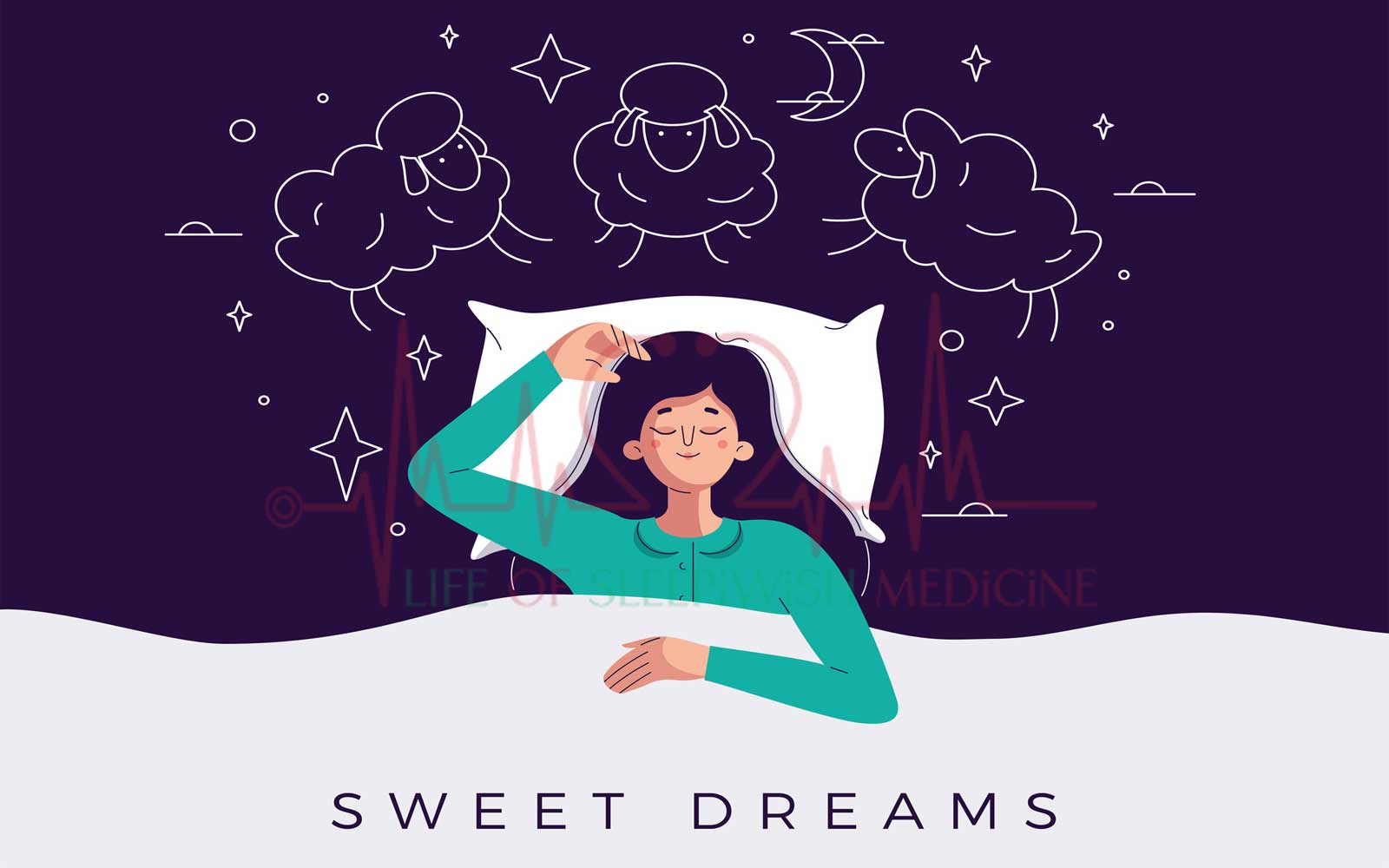
What is Insomnia and how can it be treated?
Insomnia has been a known problem going back many years ago. The basic definition as a sleep disorder means difficulty falling or staying asleep. Short-term sleeplessness is caused by stress, schedule or environment changes, or a health condition that causes insomnia.
Long-term (chronic) insomnia occurs three or more nights a week for more than three months despite another medical condition. So with Insomnia you could wake up through the night, find it tough to fall asleep and therefore have an impact during the day of feeling tired.
Chronic insomnia can increase your risk of coronary heart disease, hypertension, diabetes, and cancer. Your memory and focus may also be affected if you have insomnia.
The NHS states that we should be getting around an average of 7-9 hours of sleep (adults). For those suffering from Insomnia, it can be exhausting and start taking an effect on mental well-being and our day-to-day tasks due to extreme tiredness. Whilst common, it is tiring for the person experiencing it and no one should have to.
What Are Some Known Facts About Insomnia?
According to Aviva ‘as many as 16 million UK adults are suffering from sleepless nights as a third (31%) say they have Insomnia’ (2017).
- Insomnia is one of the most common sleeping disorders
- Some believe Insomnia can be hereditary and others don’t. Whilst some research has been made to show that genes have been associated with Insomnia, several factors can contribute to a person’s lack of sleep such as depression or other health conditions and therefore the treatment is made the same way whether genetic or not
- Insomnia is not something that you are making up, it is acknowledged and recognised as a sleeping disorder medically
- Whilst alcohol may make you feel tired, it does not help with insomnia. It can disrupt the quality of your sleep. Consuming alcohol will not help.
- Irregular sleep times (Social Jet Lag) where your sleeping patterns are all over the place, such as sleeping early on particular days and late on others. Night shifts/early shifts. It messes up your body clock and therefore may cause Insomnia.
- Women’s hormones may play a role in insomnia due to their physiology and can suffer more than men.
- A poor nutritious diet including refined carbohydrates and sugars may increase the chances of developing insomnia
- Stress and trauma. Now, temporary stress may cause temporary insomnia but long-lasting stress can contribute to chronic insomnia
- Electronic devices late at night can cause sleep disruptions
- If you cannot sleep for 8 hours, it does not mean that you have insomnia
- Insomnia can be treated but the root cause needs to be addressed
- Insomnia is not just about the inability to sleep, it also means difficulty staying asleep or waking up too early and being unable to sleep
- There is some research on smokers and the impact it has on sleep. The reason being is due to the nicotine when smoking (as it is a stimulant).
Insomnia differs from person to person and can be temporary to chronic. Remember to make healthier changes to your lifestyle and appreciate the importance of your sleep cycle.
The Importance of Sleep
When you think of looking after yourself, most people tend to focus mainly on eating well and exercising along with some meditation. Now, whilst all of these things play a vital role in your overall health, so does sleep.
Sleep enables you to recharge, and by that, it means the body repairs its cells including your heart and blood vessels. The brain plays an important role too, it removes waste by working with nerve cells. If sleep helps with brain function then it’s something we should all think about a lot more.
There is a boost in your immune system when you sleep better too. Lack of sleep contributes to a lower immune system.
Whilst all of these points are key to your health, it’s also important to generally feel recharged and refreshed when you start your day. Your brain function is key in everyday life, so good sleep will allow you to feel more alert.
Ways to improve your sleep cycle
Stay off of technical devices, and improve on environmental factors such as shutting out the light. Avoid caffeine and avoid late-night eating. It’s important to practice how to lower stress, it may be hard when you feel so tired but try to limit daytime naps. Improve physical activities is equally as important.

What Happens To The Body And Brain When Sleep Deprived
Being sleep-deprived can affect you in so many ways and the first way you would know before symptoms are by simply not getting the recommended hours of sleep that your body needs, which according to the NHS is between 6-9 hours.
Now let’s see what some symptoms are:
- Decreased concentrating – the ability to focus becomes much harder
- Irritability increases, mood changes
- Excessive tiredness in the daytime, feeling sleepy
- Cannot think straight and may take more effort
- Energy levels decrease – your strength during exercise will decrease
- Brain fog
- Cognitive function issues as the body’s immune system becomes impaired
Sleep deprivation negatively impacts the function of the brain and affects the immune system which in turn leads to various health problems. It’s not just a mood changer, it also brings issues to your physical health and there also becomes a heightened risk for accidents and injuries.
Could Some Medical Conditions Be Linked With Sleep Deprivation?
The below are associated with sleep deprivation and are not limited. There are various medical conditions linked with sleep deprivation.
- Cardiovascular diseases
- Obesity
- Medical health such as anxiety disorder and depression. Not dismissing various others
- Diabetes
- Hormonal issues
- Pain and inflammation leading to ongoing/heightened pain or even arthritis
According to an article in The Independent sleep deprivation affects the brain’s pain management centres.
‘In a sleep-lab experiment, the researchers found that a single night of sleep deprivation reduced a person’s pain threshold by more than 15 per cent and left a clear signature in the brain’s pain-management centres’
It’s clear that whatever negative impact we hold on our immune system, comes with further problems. How can we avoid this? One way is to switch off in the evenings, even if we don’t want to. Your brain is asking that of you and you owe it to yourself in the long run.
So you may be reading this and thinking, well that’s all well and good but what about if I cannot sleep or keep waking up and that is causing sleep deprivation. It would then be worth looking into insomnia.
What to do when you’re unable to sleep
If you have tried everything you can and you still cannot sleep, many including the majority of our customers turn to sleeping tablets/medication
What medication can I take to treat my insomnia?
SleepiWish has been helping customers in the UK for years with Insomnia, so much so that we have a dedicated category just for this, with products such as Diazepam 10mg and Zopiclone Zopisign 10mg.
Every item is stocked, and ready for quick and discreet delivery. Our team of trusted healthcare professionals are here to help with any questions or queries you may have about your condition and the dosages of products that we sell.
Conclusion
We require around 7-9 hours of sleep per night for adults, this can vary between people. However, so many things in life can get in the way of that which can then mess up our cycle.
Should there be things in place to benefit your sleep pattern but yet still you are facing issues such as insomnia causing severe lack of sleep then it may be a sign of a sleep disorder.



